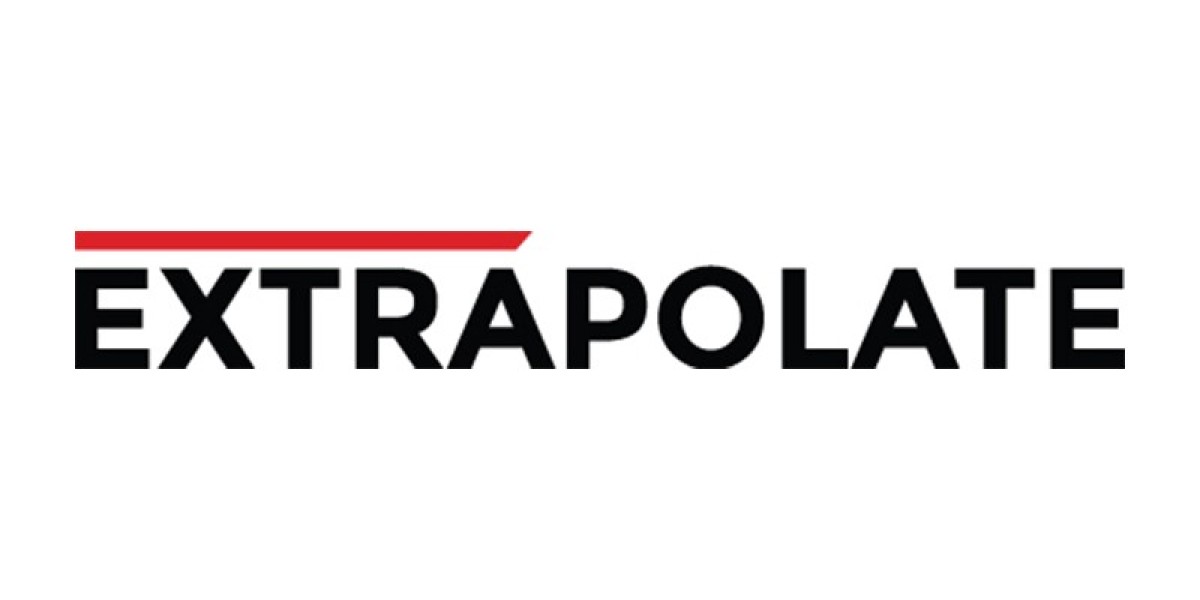Welcome back, high school readers! Today, we're diving into a fascinating topic that plays a crucial role in our digital lives - tokenization. You might be wondering, "What's tokenization, and why should I care?" Well, you're in for a treat! In this blog post, we'll explore the advantages of tokenization, breaking down its importance and real-world applications.
What is Tokenization?
Before we dive into the advantages, let's first understand what tokenization is. Tokenization is a process that involves breaking down a piece of data, such as text or numbers, into smaller units called tokens. These tokens can be individual words, characters, or even chunks of data. Think of it as slicing a pizza into smaller, more manageable slices.
Advantage 1: Improved Data Security
Protecting Sensitive Information
In today's digital age, data security is paramount. Tokenization provides a powerful layer of protection for sensitive information, such as credit card numbers, social security numbers, or personal identification information. Instead of storing the actual data, organizations replace it with a unique token. This token is practically useless to hackers, making it much harder for them to access and misuse sensitive data.






